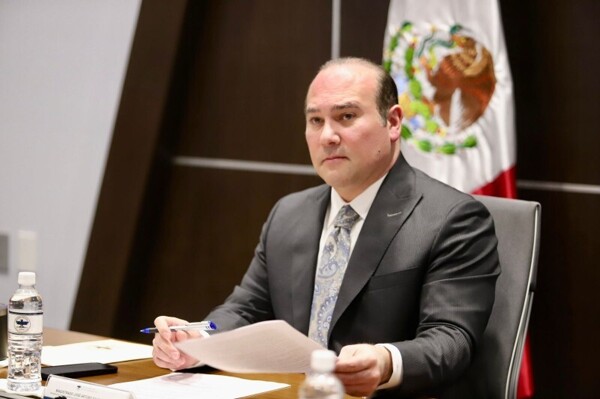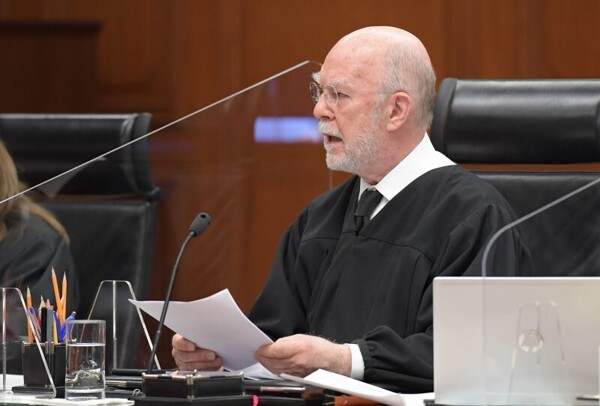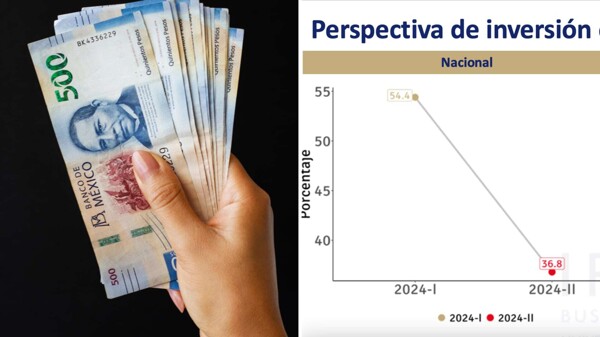The Senate of Mexico unanimously approved the first constitutional reform on gender equality sent by President Claudia Sheinbaum to the Congress of the Union. This event is a milestone in the fight for gender equality in the country and signifies a significant advancement in the recognition of women's rights and the protection of children and adolescents.
The constitutional amendment involves reforms in several Mexican laws, such as the General Law on Access of Women to a Life Free of Violence, the General Law of the National Public Security System, the National Guard Law, the National Code of Criminal Procedure, and the Federal Labor Law. These modifications aim to elevate the substantive equality of women to constitutional status and grant reinforced duties of protection from the State towards these vulnerable groups.
The document prepared by the Belisario Domínguez Institute emphasizes that the reform also incorporates the gender perspective as a guiding principle in the institutions of public security and prosecutors' offices in the country. Specialized prosecutors’ offices will be established to investigate crimes against women, and the powers of the Attorney General's Office will be expanded to address these issues.
One of the most relevant aspects of the reform is the obligation to implement mechanisms to reduce and eventually eradicate the gender pay gap, ensuring equal pay for equal work between men and women. This becomes especially important given that, according to the Belisario Domínguez Institute, it is estimated that 243 women are victims of rape daily in Mexico.
The constitutional reform will now go to the Chamber of Deputies, where it is expected to continue its legislative process. Once in force, the Congress of the Union will have 90 days to make the necessary adjustments to Mexican laws to comply with the terms of the reform.














